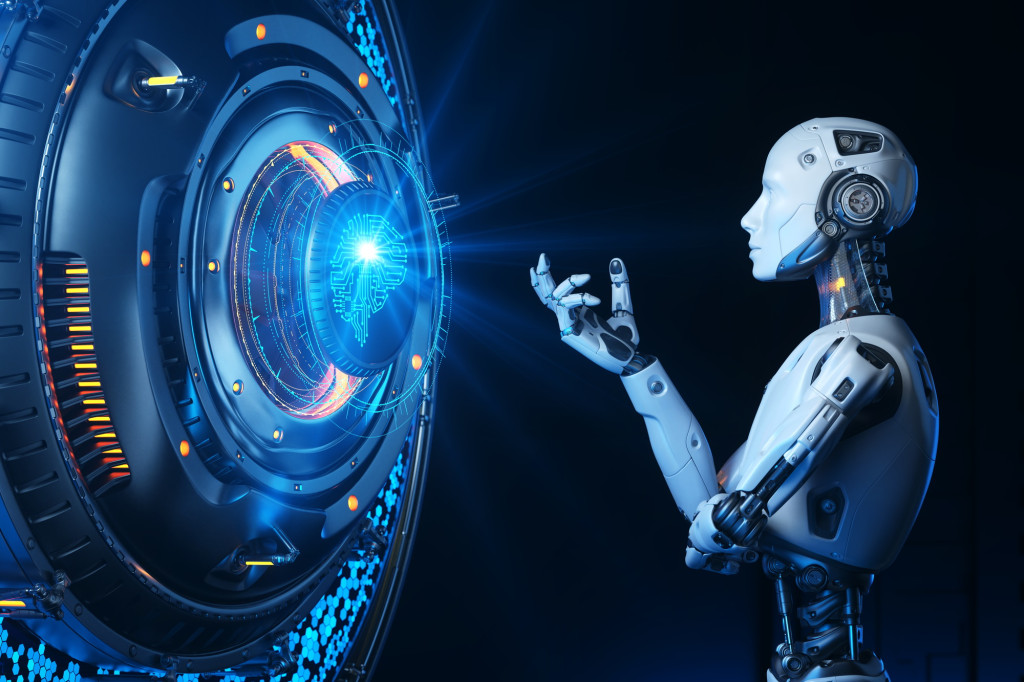Scientists urge European Commission to retract “unscientific” AI claims
In an open letter, the scientists warn that repeating unverified assertions from tech CEOs risks distorting EU policymaking and undermining the credibility of the Commission’s work on AI regulation.

A coalition of AI researchers and scholars has issued a public letter calling on European Commission President Ursula von der Leyen to withdraw her recent statement suggesting that AI is nearing human reasoning as early as next year. The signatories argue that the claim, made during a budget speech in May, lacks scientific grounding and relies on promotional assertions from major technology executives.
The letter states that the Commission based its assessment on remarks from tech CEOs, including Sam Altman, Jensen Huang and Dario Amodei. According to the researchers, these statements reflect commercial incentives rather than peer-reviewed evidence. They warn that repeating industry marketing without scientific scrutiny risks damaging the EU’s credibility in digital policy, especially as the Commission regulates and procures AI systems. The authors stress that no empirical data currently support predictions of imminent human-level reasoning in AI systems.
Why does it matter?
The signatories argue that such claims contribute to a wider speculative bubble around AI technology and may undermine informed policymaking. They write that Commission staff need to be able to evaluate industry assertions impartially, and that unverified hype could distort regulatory decisions. The letter calls on von der Leyen to retract the original statement, apply rigorous assessment to future claims about AI capabilities and ensure that the Commission has access to independent scientific advice.
The document is signed by dozens of experts across cognitive science, computer science, ethics, psychology and sociology. Their shared message centres on the need for evidence-based policymaking and caution as the EU enters a period of intensified regulatory work on AI.


